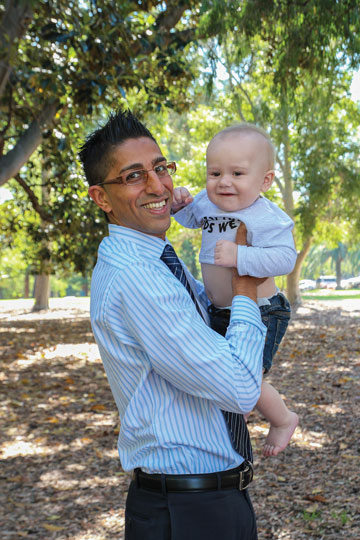Search
Showing results for "rishi kotecha"
Research
Acute Leukaemia of Ambiguous Lineage Presenting as a Focal Bone Lesion: a Case ReportAcute leukaemia is the most common childhood malignancy. Almost all cases are classified as acute lymphoblastic leukaemia or acute myeloid leukaemia. Acute leukaemia of ambiguous lineage (ALAL) is a rare form of acute leukaemia that cannot be classified by a single lineage. Like other acute leukaemias, ALAL typically presents with nonspecific symptoms such as fatigue, fever, or bleeding.
Research
The Bone Marrow Microenvironment in B-Cell Development and MalignancyB lymphopoiesis is characterized by progressive loss of multipotent potential in hematopoi-etic stem cells, followed by commitment to differentiate into B cells, which mediate the humoral response of the adaptive immune system.
Research
Multi-omics analysis defines highly refractory RAS burdened immature subgroup of infant acute lymphoblastic leukemiaKMT2A-rearranged infant acute lymphoblastic leukemia (ALL) represents the most refractory type of childhood leukemia. To uncover the molecular heterogeneity of this disease, we perform RNA sequencing, methylation array analysis, whole exome and targeted deep sequencing on 84 infants with KMT2A-rearranged leukemia.

News & Events
The Kids Research Institute Australia researchers share in State Government science grantsFour The Kids Research Institute Australia researchers are among those who have received funding in the WA State Government's Merit Award Program announced today.

News & Events
Drug find could represent big win for our little patientsDr Rishi Kotecha knows too well the devastation of a leukaemia diagnosis in a child, treating children as a consultant at Princess Margaret Hospital.
Research
Development of new preclinical models of childhood leukaemiaSébastien Laurence Rishi S. Malinge Cheung Kotecha PhD BPharm (Hons) MBA PhD MB ChB (Hons) MRCPCH FRACP PhD Laboratory Head, Translational Genomics
Research
Novel therapeutics approaches for infants with high-risk infant acute lymphoblastic leukaemiaRishi S. Laurence Sébastien Kotecha Cheung Malinge MB ChB (Hons) MRCPCH FRACP PhD BPharm (Hons) MBA PhD PhD Co-Head, Leukaemia Translational Research
Research
Beyond bone: the emerging role of osteoclasts in immune regulation, leukemia development and following myeloablative therapyOsteoclasts are important regulators of bone remodeling, with an established role in maintaining skeletal homeostasis. The emergence of osteoimmunology has identified osteoclasts as key players in the immune system. In particular, osteoclasts can initiate bi-directional crosstalk mechanisms with hematopoietic stem cells and various immune cells, such as T cells, B cells and NK cells, to influence hematopoiesis and inflammatory response.
Research
Invasive fungal disease and antifungal prophylaxis in children with acute leukaemia: a multicentre retrospective Australian cohort studyInvasive fungal disease is a common and important complication in children with acute myeloid leukaemia (AML). We describe the epidemiology of IFD in a large multicentre cohort of children with AML.
Research
Efficacy of DYRK1A inhibitors in novel models of Down syndrome acute lymphoblastic leukemiaDespite significant advances, outcomes for children with Down syndrome (DS, trisomy 21) who develop acute lymphoblastic leukemia remain poor. Reports of large DS-ALL cohorts have shown that children with DS have inferior event-free survival and overall survival compared to children without DS.
